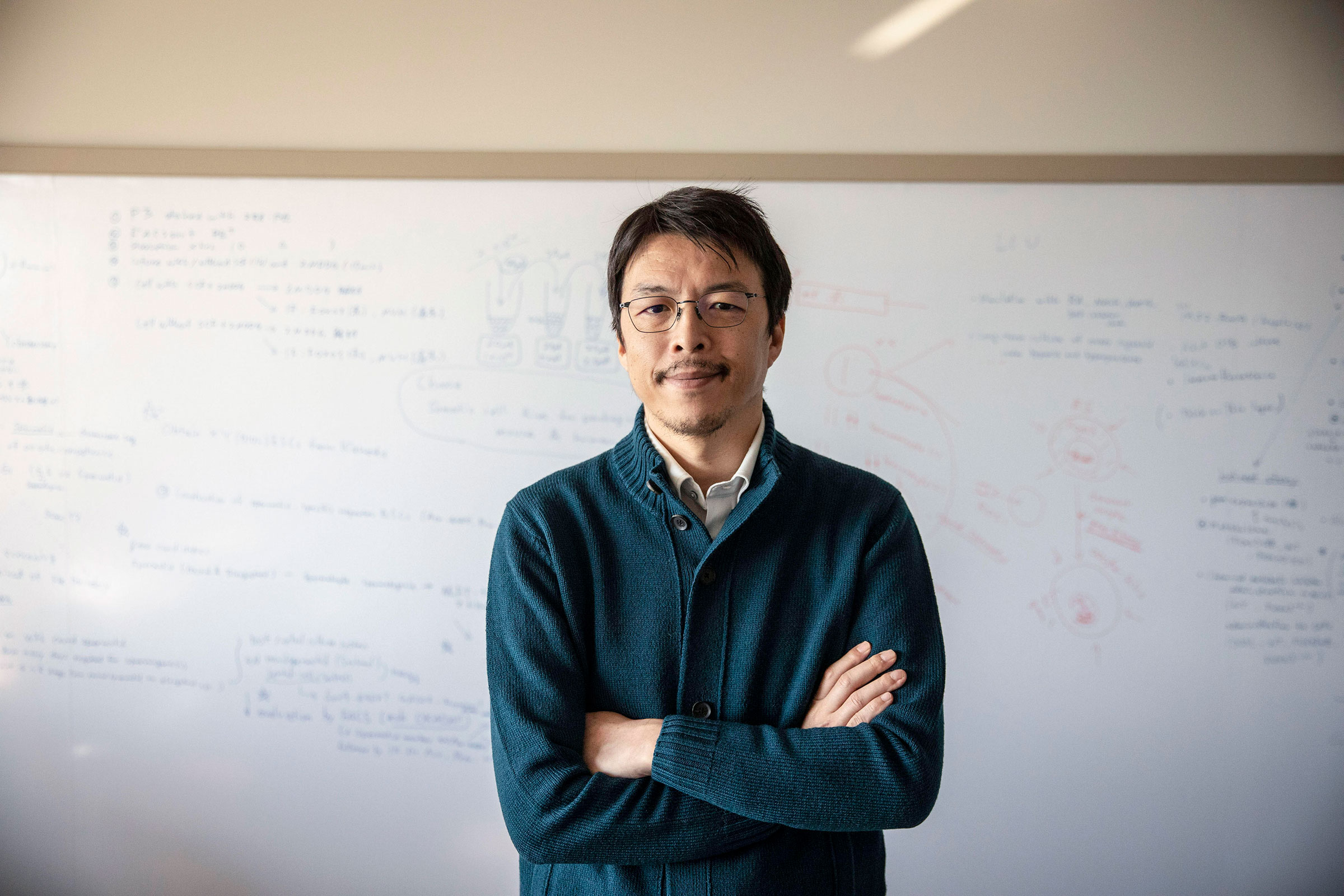For years, Katsuhiko Hayashi, a professor at Osaka University in Japan, has been at the forefront of developmental and reproductive biology, focusing on turning pluripotent stem cells (which can become any cell) into germ cells—those that become either an egg or a sperm. In just the past few years, he has made several fundamental discoveries. He re-created the entire cycle of a mouse egg cell (oocyte) and reconstituted the ovarian follicle—which holds the egg—in a dish. Last year, his team produced oocytes using cells from male mice, resulting in pups born to two biological fathers. His work offers hope to those with infertility problems or same-sex couples who one day wish to have biological children. It could also enable endangered species to breed. As biological breakthroughs often pose a double-edged sword, Katsuhiko is well aware of the scientific and ethical challenges as he determines whether his discoveries are translatable and socially acceptable for aiding human reproduction.
Yamanaka is a researcher and Nobel laureate
Order your copy of the 2024 TIME100 issue here
More Must-Reads from TIME
- Why Biden Dropped Out
- Ukraine’s Plan to Survive Trump
- The Rise of a New Kind of Parenting Guru
- The Chaos and Commotion of the RNC in Photos
- Why We All Have a Stake in Twisters’ Success
- 8 Eating Habits That Actually Improve Your Sleep
- Welcome to the Noah Lyles Olympics
- Get Our Paris Olympics Newsletter in Your Inbox
Contact us at letters@time.com





